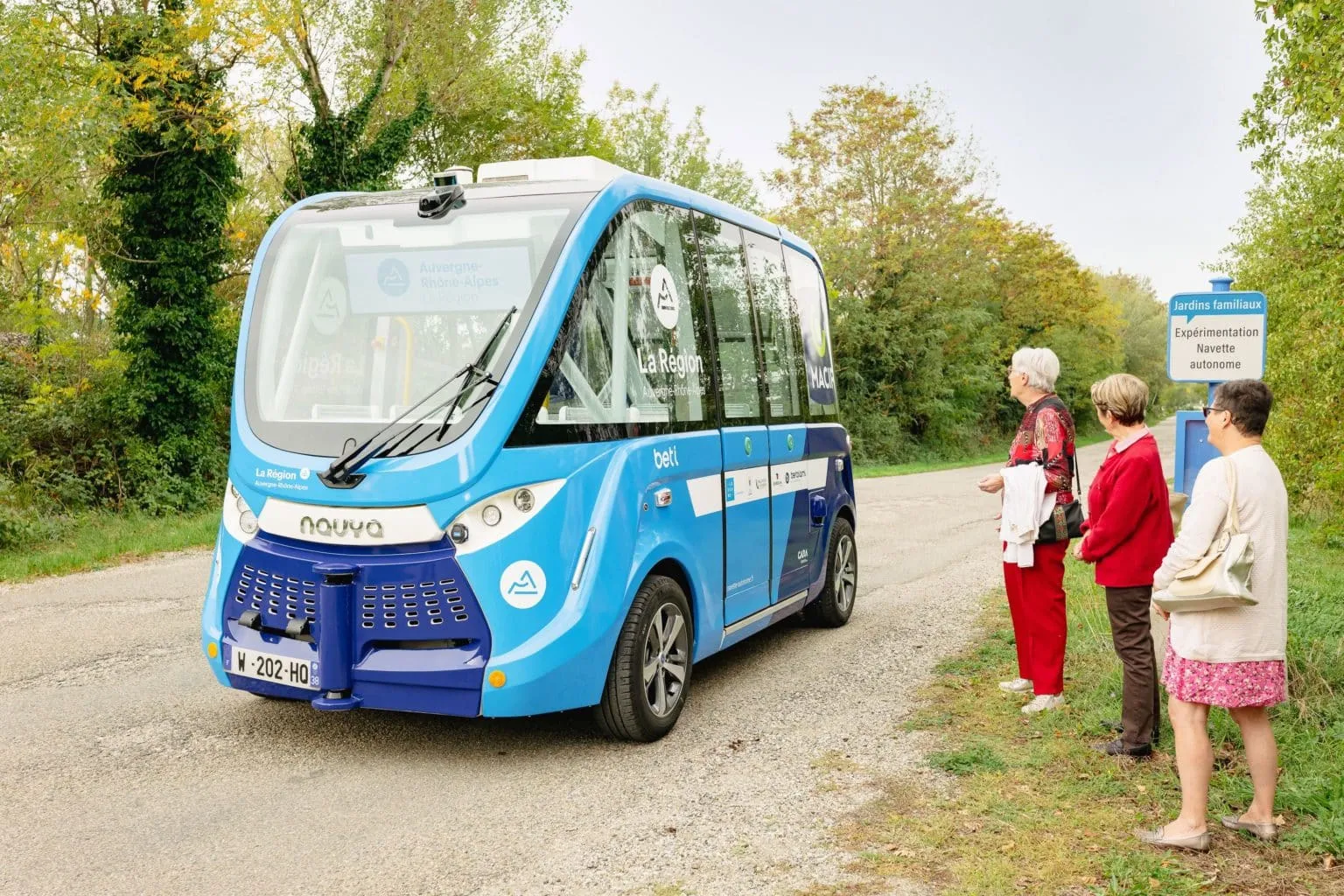Technology company
Continental believes that autonomous shuttles are set to play a key role in efficiently addressing the ‘first mile – last mile’ challenge, enabling seamless mobility services for urban mobility.
Continental says its investment opens the door to numerous possible applications within EasyMile shuttles worldwide, while incorporating tried and tested large-scale production techniques from the automotive field. The EasyMile EZ10 fleet will be running on Continental EcoContact tyres with optimised tread geometry, ensuring low rolling resistance and rolling noise.
The complex requirements of driverless vehicles are already being studied under real conditions at Continental’s premises in Frankfurt with its development platform CUbE (Continental Urban mobility Experience), which is based on an EasyMile EZ10 shuttle.
The EasyMile EZ10 shuttle is a twelve-person autonomous shuttle first released in 2014, which has been deployed in more than 50 cities across 17 countries in Asia-Pacific, North America, the Middle East and Europe. Continental began testing automated systems on public roads in 2012 in Nevada, USA. The company now has a global operating fleet of development vehicles in Germany, the USA, Japan and China.
Continental invests in EasyMile, pushes ahead with autonomous vehicles
Technology company Continental has agreed to acquire a minority share French autonomous shuttle manufacturer EasyMile and the companies plan to cooperate closely in the development of environmental sensors, braking systems and driving safety technologies.
July 5, 2017
Read time: 2 mins









